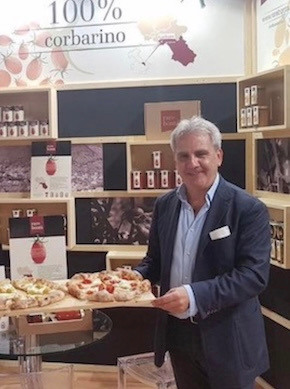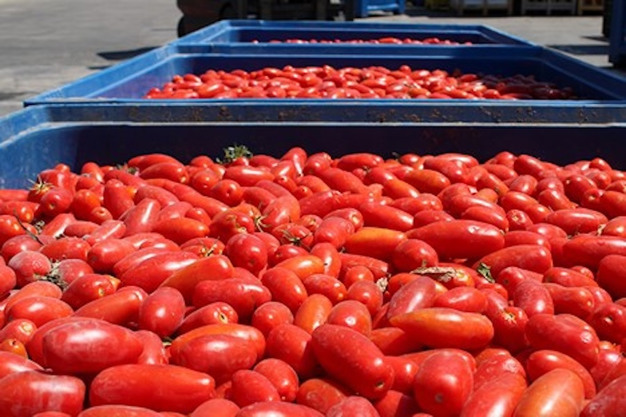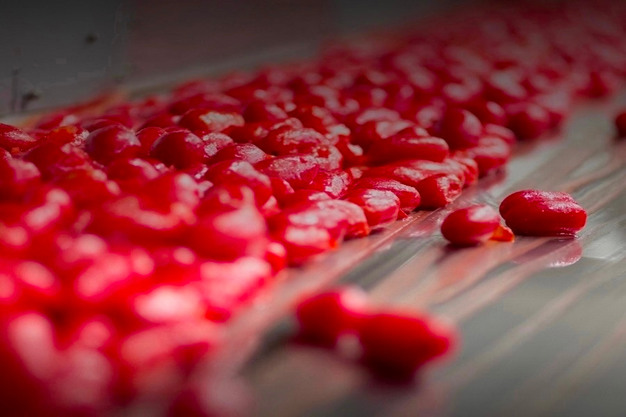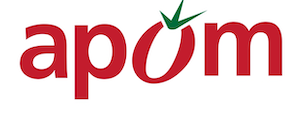 © Rare Bontà
© Rare Bontà
"The commercial season for industrial tomatoes is always challenging," says Umberto Todisco, president of the Southern Fruit and Vegetable Producers Association (A.P.O.M.). "Due to inconsistent field yields, the current year is particularly unstable, especially in central and southern Italy," he adds. "However, after reaching historic lows in 2024, prices have been rising progressively since the beginning of August."
Since 2022, the A.P.O.M. cooperative has supplied the industry with long, round tomatoes. Its members cultivate 1,200 hectares. The cooperative produces an average of 90,000 tons of tomatoes by employing a combination of organic and conventional farming methods. About 80% of the long tomato production occurs in Capitanata, an area in the Apulia region of Italy. The remaining 20% is produced in the other Italian region of Campania. Specialty varieties, such as datterino and Corbarino tomatoes, are marketed under the 'Rare Bontà' brand. The company's ability to meet the demands of a market that values reliability, quality, and service has been key to its steady growth.
Production varies by region. The Apulian region has struggled to plan production volumes due to a water shortage. However, the province of Caserta in Campania has not experienced any problems due to the water situation. Round tomatoes account for about 90% of the area's total production. Lower yields were seen at the beginning of the 2025 campaign due to the drought. Farms with reservoirs avoided losses, while others were affected.
 © APOM
© APOM
Prices show different trends. Production in the Caserta area remained stable. In contrast, prices have increased by at least 30% since August in other areas, particularly Apulia. This follows a period last year when tomatoes were underpriced, with quotations below 16 cents per kilogram. To ensure timely production, the industry supported the producers by securing tomatoes in September at a rate of €200–210 per ton.
Umberto Todisco explains that most cultivation is based on integrated production, with a smaller percentage based on organic production. Eighty percent of producers say they are discouraged by field conditions. Despite the climate favoring the development of resistant insects, many phytosanitary products have been removed from regulations. As early as mid-June, before the start of the campaign, the first red spider mite and rusty eriophid infestations appeared.
 © APOM
© APOM
The Italian tomato is appreciated around the world. Despite their increased focus on spending, consumers are looking for authentic products with superior taste and traceable supply chains. The red canned tomato sector is undergoing a transformation driven by new demands and an economic environment that requires thoughtful purchasing decisions. Emerging trends include innovation and the development of high-quality products.
For more information:
Umberto Todisco
Rare Goodness
Via dei Goti, 234
84012 Angri (SA) - Italy
+39 081 948596
+39 335 838 4949
[email protected]
www.rarebonta.it
